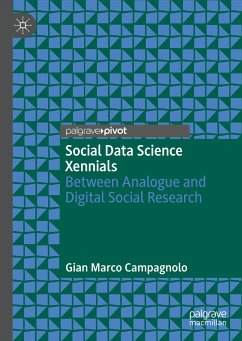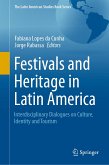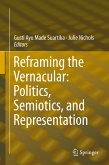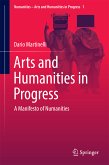This book explores the tension between analogue and digital as part of an evolving research programme and focuses on the sequencing of methods within it. The book will be an invaluable reference for scholars who routinely engage in critical sociological analysis of the digital workplace and find it easier to treat the digital as an object of study. It describes how the transformations taking place in the 10-year arc of a career spent doing fieldwork in the IT sector led the author to progressively embrace new forms of data and methods. In a time where sociological imagination takes the shape of whatever new phenomenon can be studied by transactional data and machine learning methods, it is a reminder that longstanding engagement with a particular field of practice is the basis of empirical social science expertise.
Gian Marco Campagnolo researches in the field of the social study of data science. He is Lecturer in Science, Technology and Innovation Studies at the University of Edinburgh and Faculty Fellow at the Alan Turing Institute, UK. He has previously had visiting appointments at the Copenhagen Centre for Social Data Science and the Centre de Sociologie de l'Innovation at the Ecole des Mines.
Dieser Download kann aus rechtlichen Gründen nur mit Rechnungsadresse in A, B, BG, CY, CZ, D, DK, EW, E, FIN, F, GR, HR, H, IRL, I, LT, L, LR, M, NL, PL, P, R, S, SLO, SK ausgeliefert werden.









